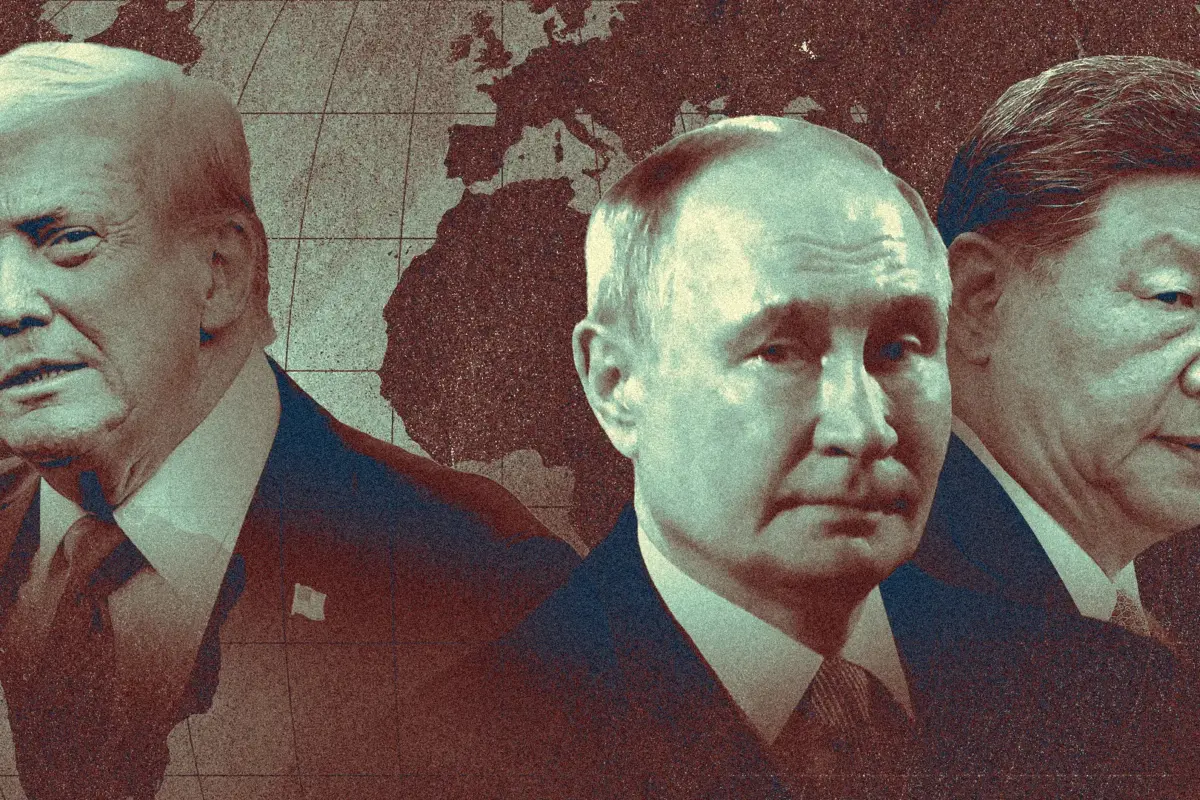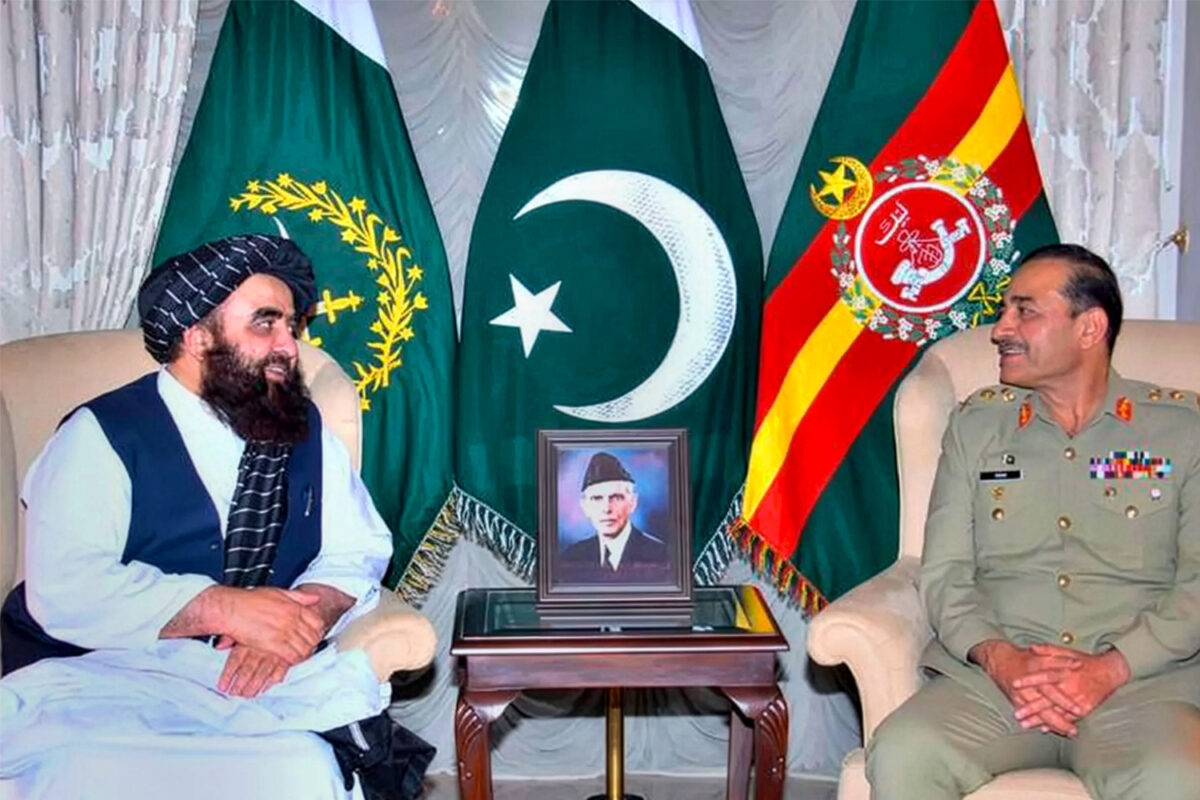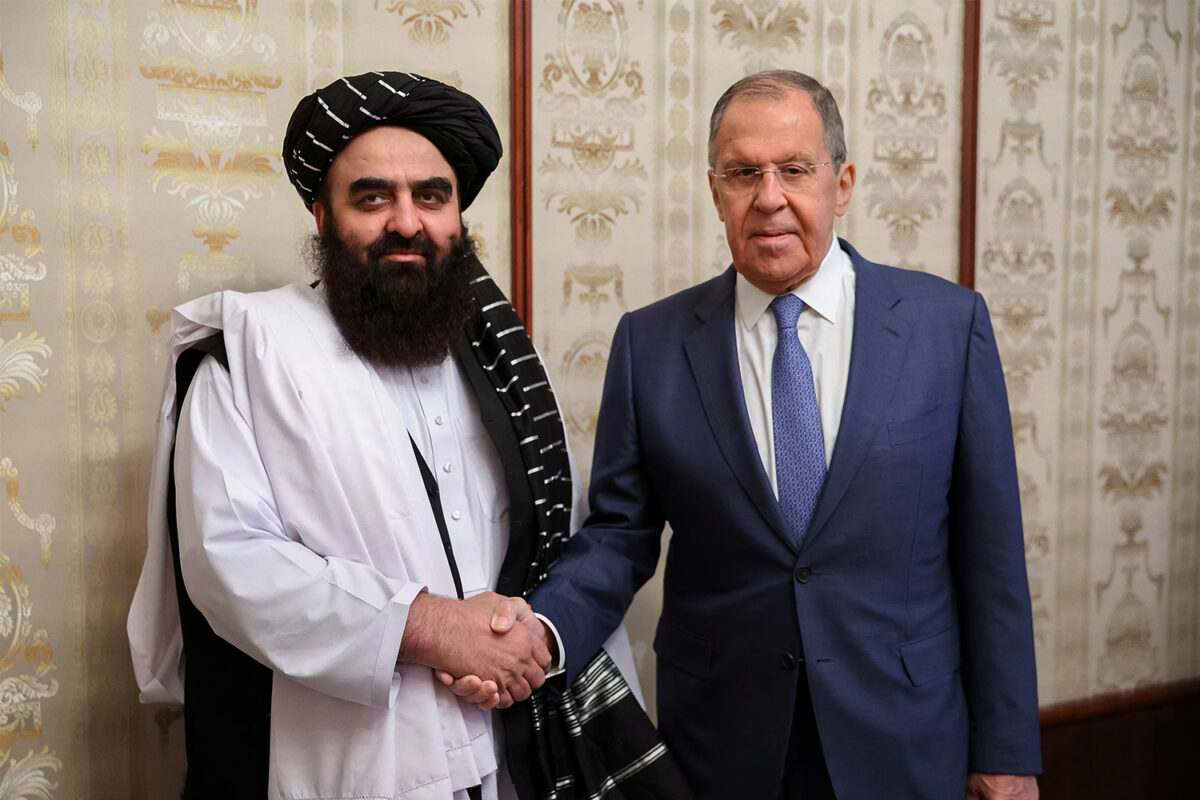Last week the nations who consider themselves the future of the global economy gathered in Johannesburg, South Africa. The BRICS bloc announced they were adding more brics to their organisation. BRICS has grown from the acronym coined in 2001 to a grouping who are positioning themselves as an alternative to the western dominated order. Whilst the bloc is growing the question is can it be effective.
Jim O’Neil from Goldman Sachs coined the acronym BRIC in 2001 which stood for Brazil, Russia India and China. These were nations he considered to be the growing markets of the future. Nothing much happened for nearly a decade until 2009. After the global economic crisis of 2008, Russia hosted the first BRIC summit and proclaimed the economic crisis was proof that the world’s top emerging economies needed to collaborate to prevent the west from controlling the destiny of the world economy and their own development. Russia gathered the other BRIC nations in the same year she invaded Georgia and was in a position to restore power over the former Soviet republics. BRICs became an anti-western platform for Russia.
By the late 2000s China had emerged on the global economic stage and the economic crisis of 2008 caused its economy to slow as it depended on western markets for its exports. China saw it needed to reduce its dependency on western markets and came to see BRICs as a way to diversify. Both Russia and China came to see Africa as a key continent they could diversify away from the west and so South Africa was invited to join in 2010, and an ‘S’ was added to BRIC.
In 2015 China supported the creation of the contingent reserve arrangement and the New Development Bank, which were meant to be alternatives to the IMF and the World Bank. These institutions were launched in the same year as China established its own yuan-based interbank messaging system, – Cross Border Interbank payment system — (CIPS). This was presented as a future alternative to the SWIFT system.
China and Russia have for long been pushing for de-dollarisation, which only grew in importance when Russia invaded Ukraine in 2022 and a raft of sanctions cut Russia off from the global economy. Expansion and de-dollarisation were the two key agenda items at the BRICS summit in South Africa last week. But whilst there was a major announcement on expansion there was nothing on de-dollarisation.
Argentina, Egypt, Ethiopia, Iran, Saudi Arabia, and UAE all joined the bloc and on paper this is a formidable bloc. The bloc consists of 60% of global oil reserves, the majority of the world’s critical minerals, 40% of global population with Indonesia also set to join. The bloc is three times the size of NATO and now the largest non-western grouping. However, expansion has proven to be the easy part with de-dollarisation proving to be more challenging.
China has never seen its currency as a global currency. Its use, for the moment, is just too small to be a global currency…. But the biggest obstacle for China is it places major restrictions on its currency in order to maintain its economic model
De-dollarisation doesn’t mean the abandonment and replacement of the dollar, although the rhetoric from Moscow and Beijing is usually on these lines. De-dollarisation means to reduce the use of the dollar rather than eliminating it. Russia has been using China’s Yuan to get around the sanctions imposed on it after its invasion of Ukraine, but China has never seen its currency as a global currency. Its use, for the moment, is just too small to be a global currency. The Australian, Canadian and British currencies are used more than the Yuan in global transactions. But the biggest obstacle for China is it places major restrictions on its currency in order to maintain its economic model. The Yuan is not freely available around the world, which would be a major prerequisite if it’s to replace the dollar. None of the other bloc members’ currencies can become the dollar’s replacement as they are not used much globally but they also lack credibility.
The introduction of a new currency would be the only remaining option, but this would require EU level integration between the BRICS members. This would include China and India who are currently at war. Russia has stated a unified currency is a long-term goal, but even this may be wishful thinking. This brings us to the crux of the challenge facing BRICS.
The BRICS nations only seem to share one thing in common, the distrust of the west and even on this they are not united. India and Brazil want to maintain their relations with the west, despite all the anti-Western rhetoric from Moscow and Beijing. The G7 and the global liberal order is based on some values which underpin them. Despite the differences amongst the G7 nations they agree on their global outlook. Even though France and Germany dragged their feet when Russia was mobilising troops on Ukraine’s border, once the Russians invaded and the US mobilised the west, Germany and France got behind the US. When it came down to it, they wanted to be in their fellow ideological family rather than the alternative. The new members who have joined BRICS and those that will join in the future are more interested in getting access to the bloc’s finance for their own economies and Chinese investment, they do not necessarily sign up to the anti-western rhetoric. This in time will dilute the group and likely make it ineffective or make it difficult for the bloc to agree on anything. Nations such as Saudi Arabia, Egypt and Pakistan and others are US satellite states and will give the US a front row seat in the bloc.
If we set the rhetoric aside that comes from Russian and China, BRICS has no headquarters, no rule book, no procedures, no membership criteria or application process. How effective the bloc can be remains questionable, after two decades from when the bloc’s name was coined.




